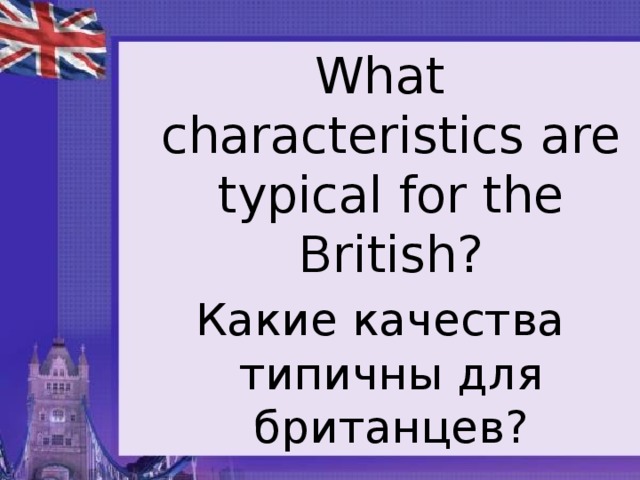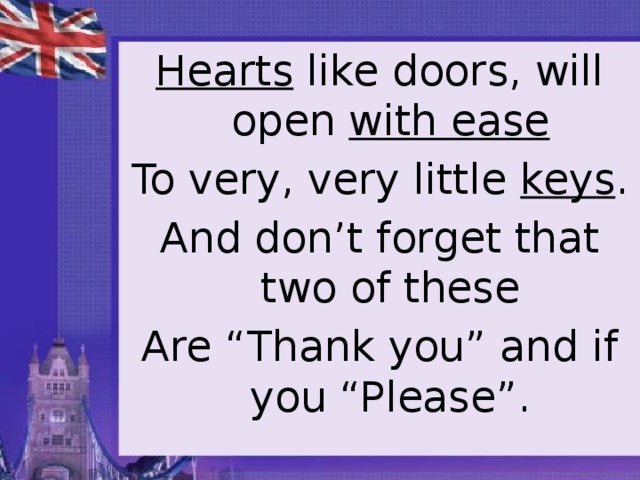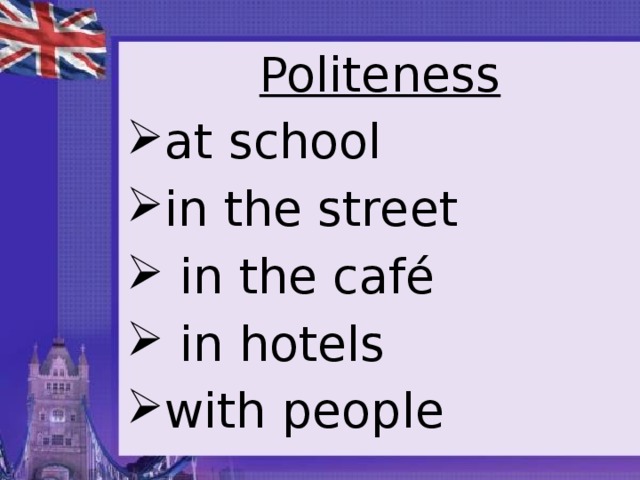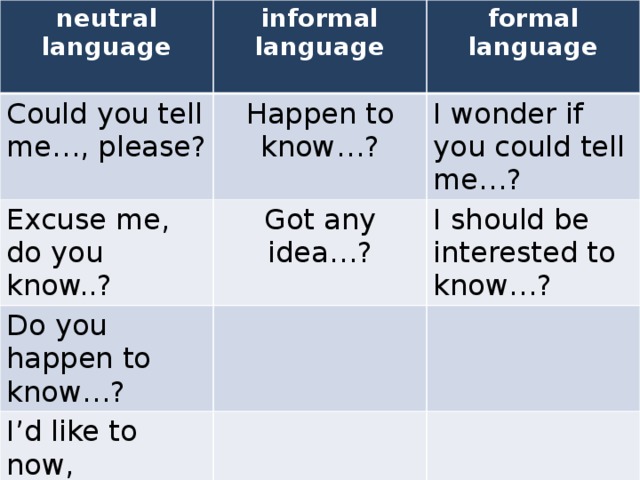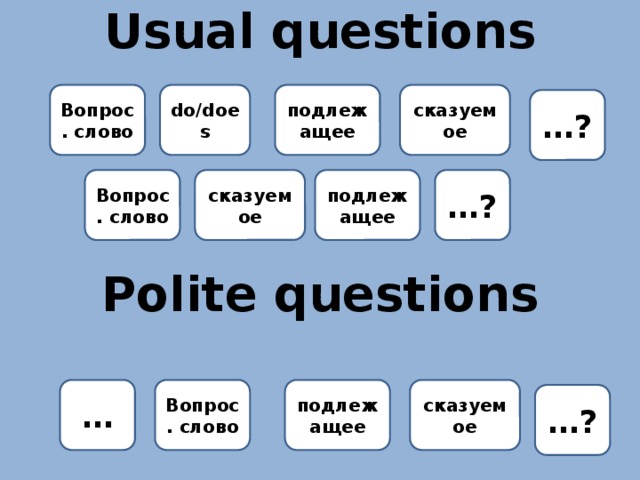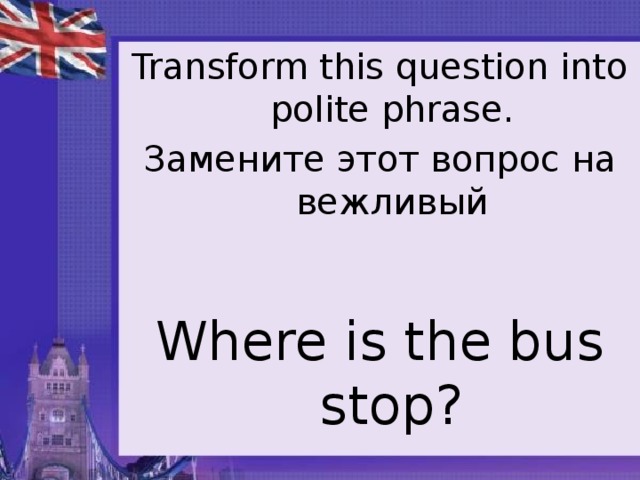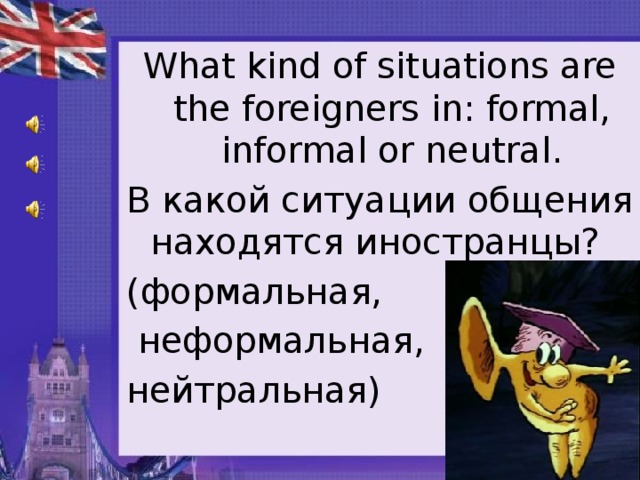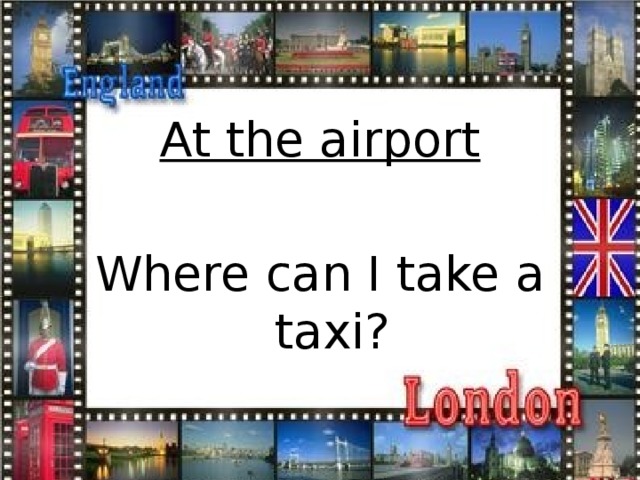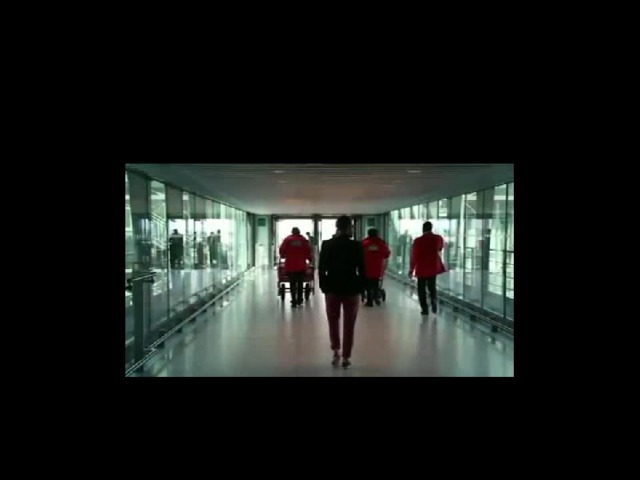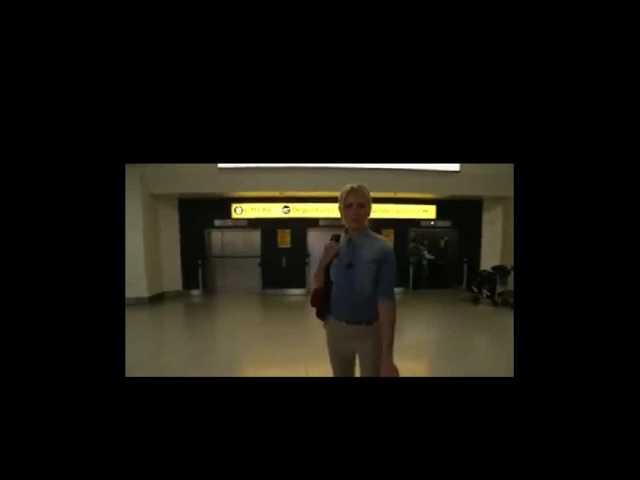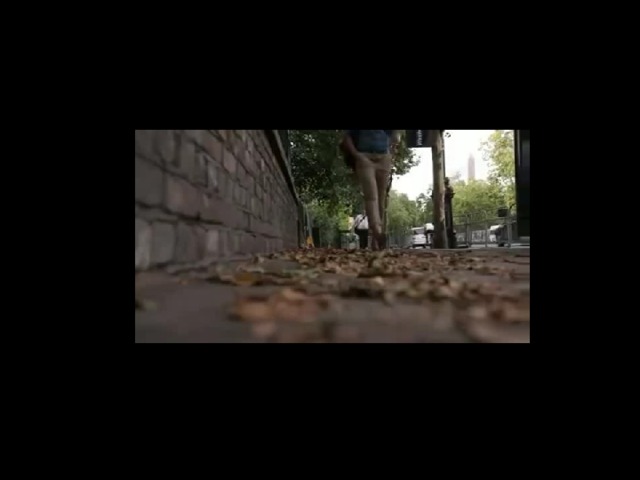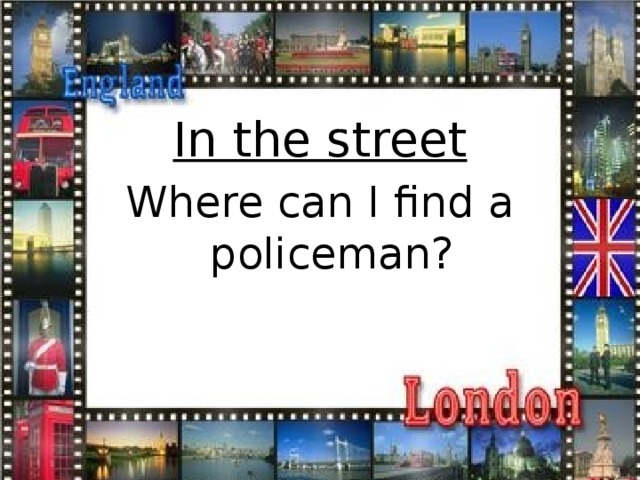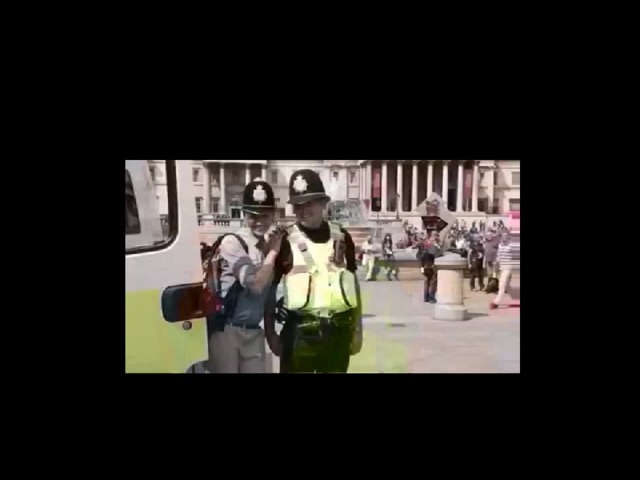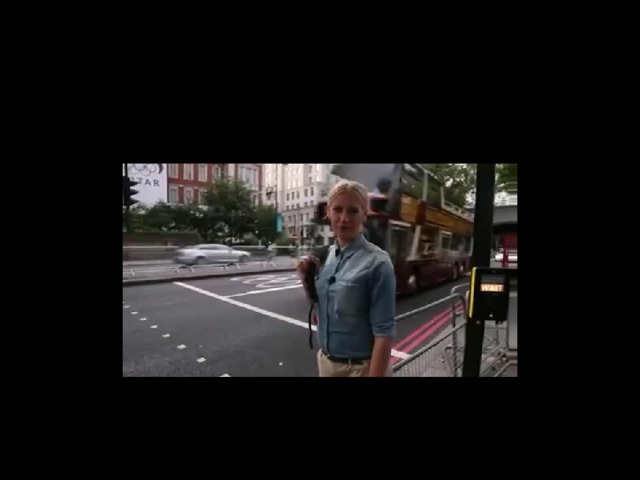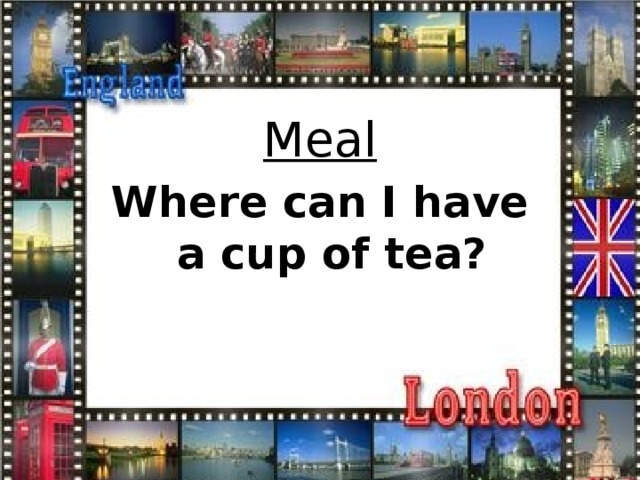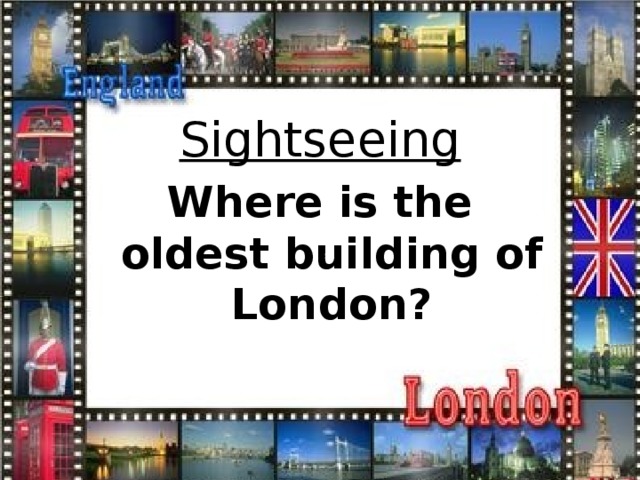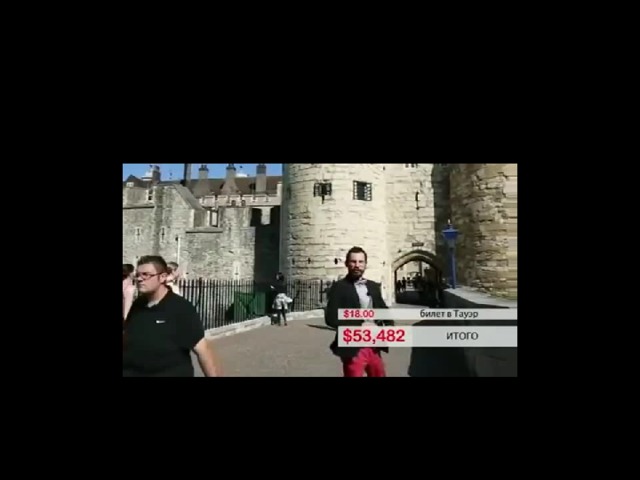Открытый урок в 10 «Б» классе 27 ноября 2015 год
Тема урока: Вежливое обращение
Цели и задачи урока:
1) Воспитательная:
Расширять кругозор учащихся
Воспитывать чувство уважения друг к другу, доброжелательность, толерантность,
формирование представления о нормах культурного поведения в обществе в Англии и России.
2) Образовательная:
развитие умения слушать и понимать речь учителя и одноклассников,
слушать аутентичный материал с поиском нужной информации, сопоставлять и сравнивать ее,
развитие умения строить высказывания на основе заданного лексико-грамматического материала.
3) Развивающая:
развивать творческие способности учащихся по теме,
развивать у учащихся коммуникативно-игровые способности,
развивать языковую догадку,
развитие логического мышления, памяти, познавательного интереса
Ход урока
1.Организационный момент
Приветствие учащихся, объявление темы урока.
Учитель:
Good morning, students! Good morning dear guests! Nice to meet you. We have an unusual lesson today. We are going to travel around London. But before visiting any country a tourist should learn more about traditions and customs, about people and their features. And I want you to answer the question what characteristics are typical for the British. (home-lovers, reserved, conservative)
You are absolutely right. But there is one more feature of the British. This poem will help you to guess what one. Look and repeat after me the most difficult words of the poem.
2. Фонетическая зарядка
Hearts like doors, will open with ease
To very, very little keys.
And don’t forget that two of these
Are “Thank you” and if you “Please”.
Ok. Well done. Can you name the most famous characteristic of British people right now, without translating? What words can help you to do it? (Thank you and please) What people do use such words? (Polite people)
And it means that we are about to speak about politeness today.
Let’s read and translate the poem.
3. Речевая разминка
Учитель:
Where should a person be polite?
(Учащиеся пытаются ответить сами а затем читают надписи на слайде)
Ученики
- A person should be polite at school, in the street, at the table, with friends, abroad, in the café, with adults, with elderly people ….
4. Знакомство с грамматическим материалом
Учитель:
You know to be polite The British use not only “thank you” and “please”. They use special polite questions. Look at the table. The beginning of polite questions depends on the situation they are asked in.
(работа по таблице)
Be attentive. You should use the formal language when you are in different state institutions for example in a bank. Or if you take part in official events for example in a ceremony.
With young people, your friends, in everyday communication you can use neutral or informal language.
Обращаю ваше внимание на то, что в отличие от обычных вопросов, в которых, как мы знаем, используется обратный порядок слов, в вежливых вопросах на первом месте стоит подлежащее, за ним следует сказуемое, как в обычном повествовательном предложении.
5. Развитие умений учащихся в составлении вежливых вопросов.
Look. You should transform this question into polite phrase.
The first group uses the formal language, the second one – the informal, and the third – the neutral.
Where is the bus stop?
How much does a single room cost?
Where can I find any currency exchange point?
6. Совершенствование навыков аудирования учащихся по теме.
Учитель:
And now you will listen to several dialogues. You should decide what kind of situations are the foreigners in: formal, informal or neutral.
Прослушивание
7. Совершенствование грамматических навыков
Now I want you to do exercise from you textbook. You have 3 minutes to read the situation and to discuss in your group what would you say in this situation.
Выполнение упражнения на карточке
8.Развитие навыка устной речи
Ok. I see you are ready enough for having a tour around the capital of the UK London. Welcome. Don’t forget you are tourists and you should be polite to get more information.
Please remember this side of the coin is called the head and means informal situation. And this one – the tail and it means formal situation.
9. Рефлексия
Our tour around London is over. So let’s make a conclusion. Finish my sentences please.
While you are visiting any country of the world you should be _____ (polite)
To be polite you should use ____ (please, thank you and polite questions)
When you speak to your friend the language should be ___ (informal)
When you speak to unknown people in the street the language should be ___ (neutral)
When you are at different state institutions you should use ____ (formal language)
Good job. I hope you will have a chance to visit different countries and you won’t forget to be polite. Thanks a lot for your work. Good bye.
Your vocabulary
Home lovers – домоседы
Reserved – сдержанный
Conservative – консервативные
Polite – вежливые
Politeness – вежливость
at school – в школе
in the street – на улице
with friends – с друзьями
abroad – за границей
in the café – в кафе
with adults – с взрослыми
with elderly people – с пожилыми людьми
single room – одноместный номер
currency exchange point – пункт обмена валюты
bus stop – автобусная остановка
weekly – еженедельник
weather forecast – прогноз погоды
travel agency – турагенство
railway station – ж/д вокзал
nearest train – ближайший поезд
heads and tails – орел и решка
Listening
– Could you tell me where the station is, please?
– I wonder if you could tell me where Mr. Brown’s office is.
– Any idea what time the film starts?
Grammar exercise
You ask your British friend about the weather forecast for tomorrow:
You are at a travel agency. You ask an agent:
You are at the railway station. You ask the clerk:
I wonder if you could tell me when the nearest train to London is.
Could you tell me when the nearest train to London is, please?

